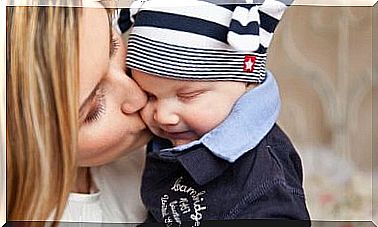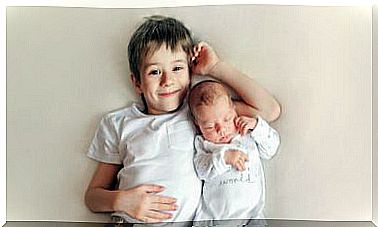Differences: Extraverted Children And Introverted Children
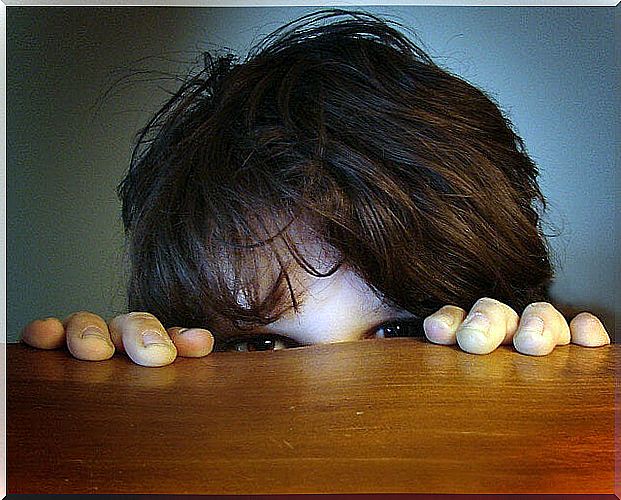
There are children who are the life of the party. Communicative and sociable. There are other children who present more reflective and conservative personalities. The former are known as extroverts and the latter are introverts. Learn about the most noticeable differences of one and the other in this very interesting post.
Introversion and extroversion are personality types spread by the famous psychologist Carl Jung. Both are different ways – neither better nor worse – to function in the world and basic aspects of the personality of each individual.
Jung explains in his studies that there are no pure personalities. That is, we all have something of an introvert or an extrovert to some degree, but one will always predominate over the other.
Thus, an introverted child tends to be interested in internal processes, in his particular world, in what happens in his mind, and in being contemplative.
An outgoing child, meanwhile, is interested and stimulated by what happens outside, outside. Places, people, things are important and from there the extrovert extracts his energy.
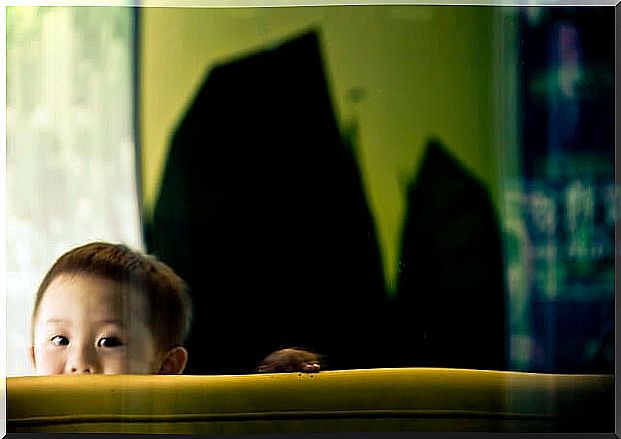
Differences: extroverted children and introverted children
Characteristics of introverted children
- They tend to be good listeners. They prefer to listen rather than speak
- They like to write more and they do better writing than speaking
- Before speaking, they reflect on what they will say and mentally review it. Being sure they express their opinions
- They have a strong and defined personality, difficult to permeate the environment
- They like to be alone. They enjoy moments with themselves and it does not seem like punishment to stay in their room watching television, on the computer or reading
- Loud noises bother you
- They prefer to have few but sincere friends than to have a large number of friends
- They handle social networks and virtual communications with greater caution
- They prefer to read a book than go out to do activities with other children
- They go from superficial conversations and superficial treatment of people
- They are genuine in their behavior. If they don’t like something they walk away
- After spending long hours at a party or interacting with others, they become drained and prefer to go home
- They are imaginative, thoughtful.
- They are conciliatory children who avoid unnecessary confrontation
- They do not express their emotions to others easily
- Introverted children must be won over. They will not be friends with anyone. If they detect something special in you or you generate trust, they will open up. However, contrary to belief, it is very easy to approach an introvert: talk about topics that interest you
- The energy in introverted children is in them and not in the environment. Therefore, when they go out to share with other people they feel that their energy decreases. So they must go home to recharge their batteries.
Characteristics of extroverted children
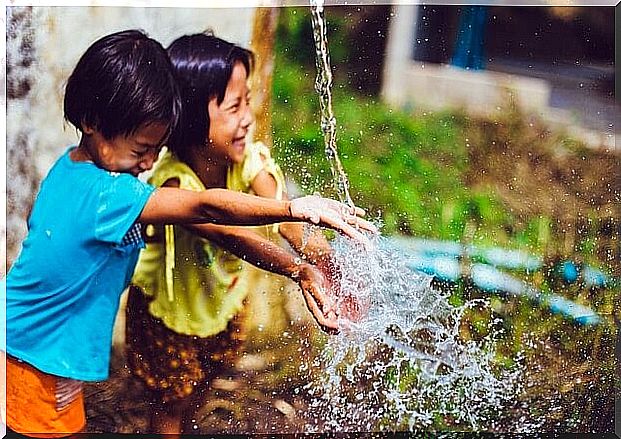
- They are jovial and sociable, the life of the party
- They act on impulse, so they tend to get into trouble, even unintentionally.
- Extroverted children participate more frequently in group activities and join sports groups more comfortably.
- Contrary to introverts for extroverted children the energy is in the environment and interaction. They receive energy from these dynamics and do not generate – to put it in some way – energy, but receive it from outside
- They are good talkers, but bad listeners
- They are very good at public speaking in large groups and are not intimidated by crowds
- They have no problem engaging in conversation with strangers and frequently initiate the conversation
- They are the ones who take part the most in classes
- They tend to be frequently distracted by paying attention to all the stimuli around them.
Finally, parents must know and respect the personality of their children. Understanding what each of these aspects is about will contribute to optimal development. Teachers must also do the same and understand that each personality needs different stimuli.
Introversion is not shyness. While introversion is a choice, a taste and a way of being, shyness is a problem caused by fears – sometimes pathological – to relate.
What characteristics does your child have? Are you an introvert or an extrovert?
